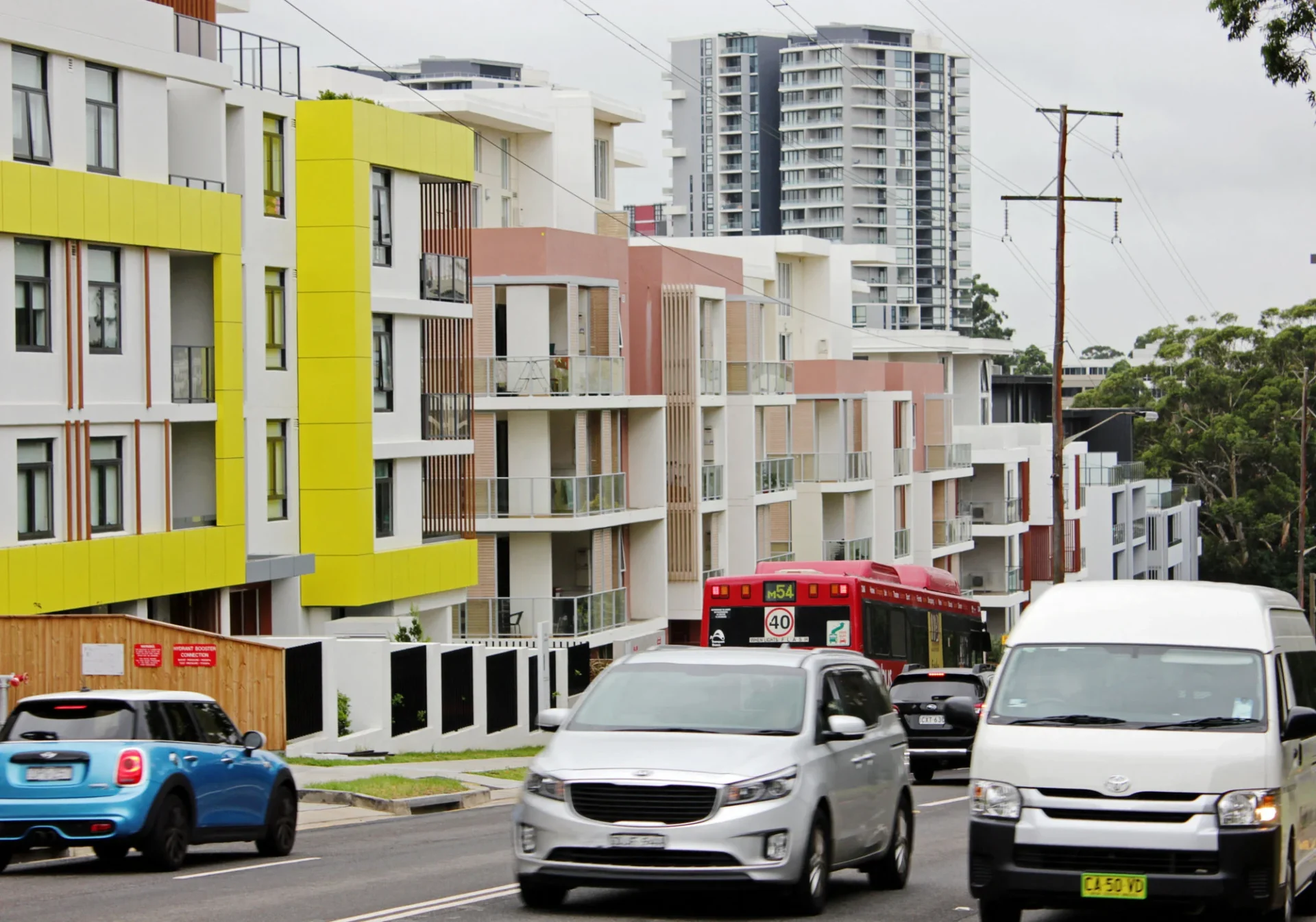Rebecca Li, 24, from Shandong Province in China, is among the 8.2 million foreign-born residents in Australia who have significantly influenced the country’s property market. However, recent changes in immigration policy and the withdrawal of a golden visa scheme are expected to shift this dynamic, particularly affecting high-end property sales.
Li owns a two-bedroom, two-bath home in Sydney, purchased by her parents during her time at the University of New South Wales. She now faces potential challenges in finding tenants due to a likely reduction in the number of foreign students and migrants needing accommodation. This comes amid rising rental prices in Australia, especially in Sydney, where rental costs are already high.
In the first quarter of the year, foreign buyers accounted for 10 percent of home sales in Australia, slightly below the six-and-a-half-year average of 11 percent, according to the National Australia Bank. Real estate agents warn that changes to immigration policies could further reduce demand for high-end homes, making it harder for investors like Li to lease their properties to foreign students.
The Australian government is reforming its migration policy by replacing the Business Innovation and Investment Programme (BIIP) with a new scheme prioritizing highly skilled migrants in fields experiencing labor shortages. The BIIP, launched in 2012, allowed applicants to gain residency in exchange for investing up to A$5 million (US$3.3 million) in venture capital, private equity funds, and managed funds that buy shares in Australian companies. Chinese nationals have been the primary beneficiaries of this program, accounting for 85 percent of approved applications.
Peter Li, general manager of Plus Agency, which operates in Sydney and Shanghai, noted that the impact of ending the golden visa scheme will become apparent in two to three years. The cessation of the visa program, which attracted many high-net-worth Chinese investors, is expected to lead to a significant drop in demand for luxury properties in Australia.
In the first nine months of 2023, Chinese buyers purchased 1,995 homes valued at A$2.5 billion, with buyers from Hong Kong being the second-largest group of foreign investors. With the cancellation of the golden visa, the demand for prime homes is expected to decline substantially, affecting both property sales and boutique developments.
Daniel Ho, co-founder and group managing director of Juwai IQI, predicts a decline in the share of foreign buyers if the government succeeds in reducing net inbound migration over the next two years. However, some industry experts believe that interest from non-Asian buyers, particularly from the US and Europe, could offset this decline. Ken Jacobs, a luxury property agency owner in Sydney, highlighted the appeal of Australia’s lifestyle and investment returns as factors that continue to attract international buyers.
In summary, while Australia’s property market faces challenges due to policy changes impacting foreign investment and immigration, there remains optimism that new buyer segments will emerge to sustain demand, particularly in the luxury property market.
READ MORE:
